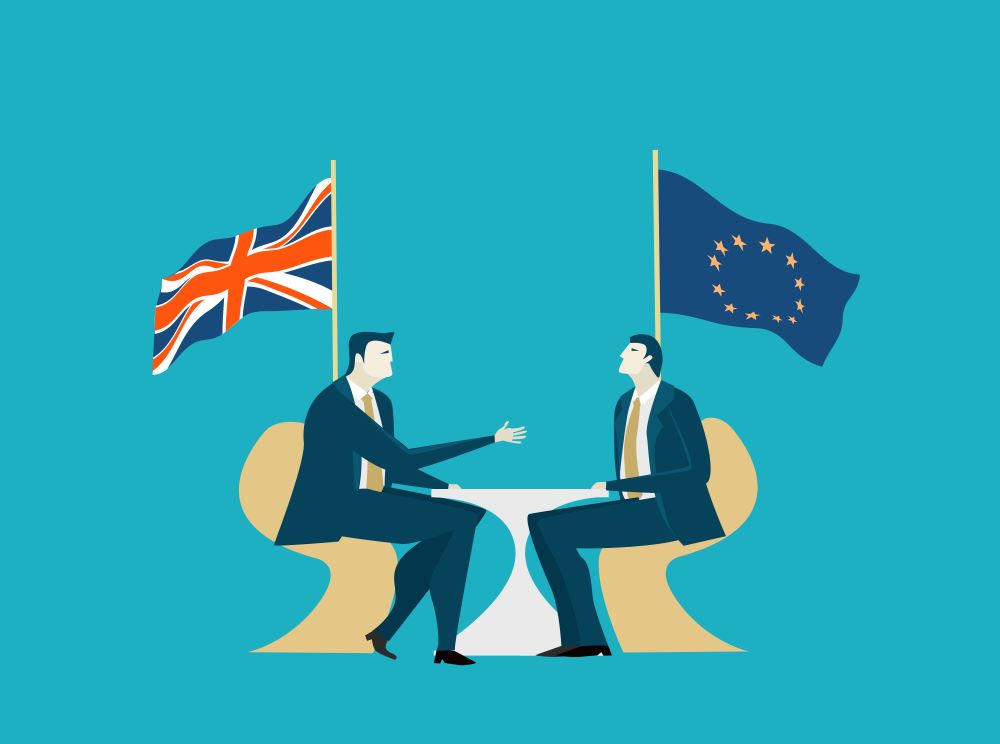
A breakthrough on the authorisation of new medicines for sale in Northern Ireland could help unlock the deadlock in negotiations over the implementation of the Northern Ireland Protocol.
According to the Telegraph, the EU is now willing to accept that the UK regulator should approve new medicines in NI – including drugs for the treatment of coronavirus and cancer.
Currently, under the Protocol, drugs in NI have to be passed by the European Medicines Agency (EMA) under the terms of the Withdrawal Agreement signed in 2019.
Labelling required
The commission has already offered to change EU law to allow the supply of existing generic drugs to NI. However, drugs will have to be labelled to indicate that they are for supply to the NI market.
There are fears that, under current arrangements, NI will get drugs more slowly and that pharmaceutical companies will not supply the market due to an increase in costs.
Progress
Following talks in Brussels on Friday, Brexit minister, Lord Frost, said: “On medicines, there has been progress, but agreement has not been reached. Any acceptable solution needs to ensure that medicines are available at the same time and on the same basis across the whole of the UK.”
RTE Europe editor Tony Connelly tweeted that Frost’s counterpart Maros Sefcovic urged the two sides to “press on and get this crucial issue across the line. This is a real test of political goodwill.”
No overall breakthrough
Connelly’s summation of the talks on Friday was that there was no overall breakthrough in the Protocol talks, with Frost returning to his demand for “a durable solution” that enabled “goods to be able to move essentially freely into NI when both sides agree that they are remaining in NI”.
However, Sefcovic’s old sparring partner Michael Gove admitted that there was cause for optimism.
Speaking at the British-Irish Council summit in Cardiff, reported by Sky News, the minister said “a constructive approach” was being taken and that he is “confident” that progress can be made without Article 16 needing to be triggered.
Article 16 safeguard
His successor, Lord Frost, is keeping the Article 16 threat on the table.
Writing in the Daily Mail, Frost maintained that the UK would have to safeguard its position “in other ways” if it is not able to reach an agreement with the EU.
Reiterating the problems on the ground in NI, Frost said: “As we approach Christmas, we’ve seen a stream of stories about products being banned and services being withdrawn because of the Protocol.”
No Jubilee trees
Frost evidenced Marks & Spencer’s decision to withdraw its entire Christmas product ‘Click and collect’ service from NI because of uncertainties in delivery timetables.
At least 200 retailers have stopped delivering to customers in NI, he wrote, adding that English oak trees to mark the Queen’s Platinum Jubilee next year could not be planted in the region because of Protocol requirements.
‘Posturing’
Talks continue this week with Frost and Sefcovic to make assessments of progress on Friday.
The Guardian notes that comments between Frost and Sefcovic on Sunday “suggest the two sides are as far apart as ever”, despite Michael Gove’s upbeat take on the negotiations.
Frost’s call for an injection of “more urgency” was parried by Sefcovic reply for an end to “political posturing”.

